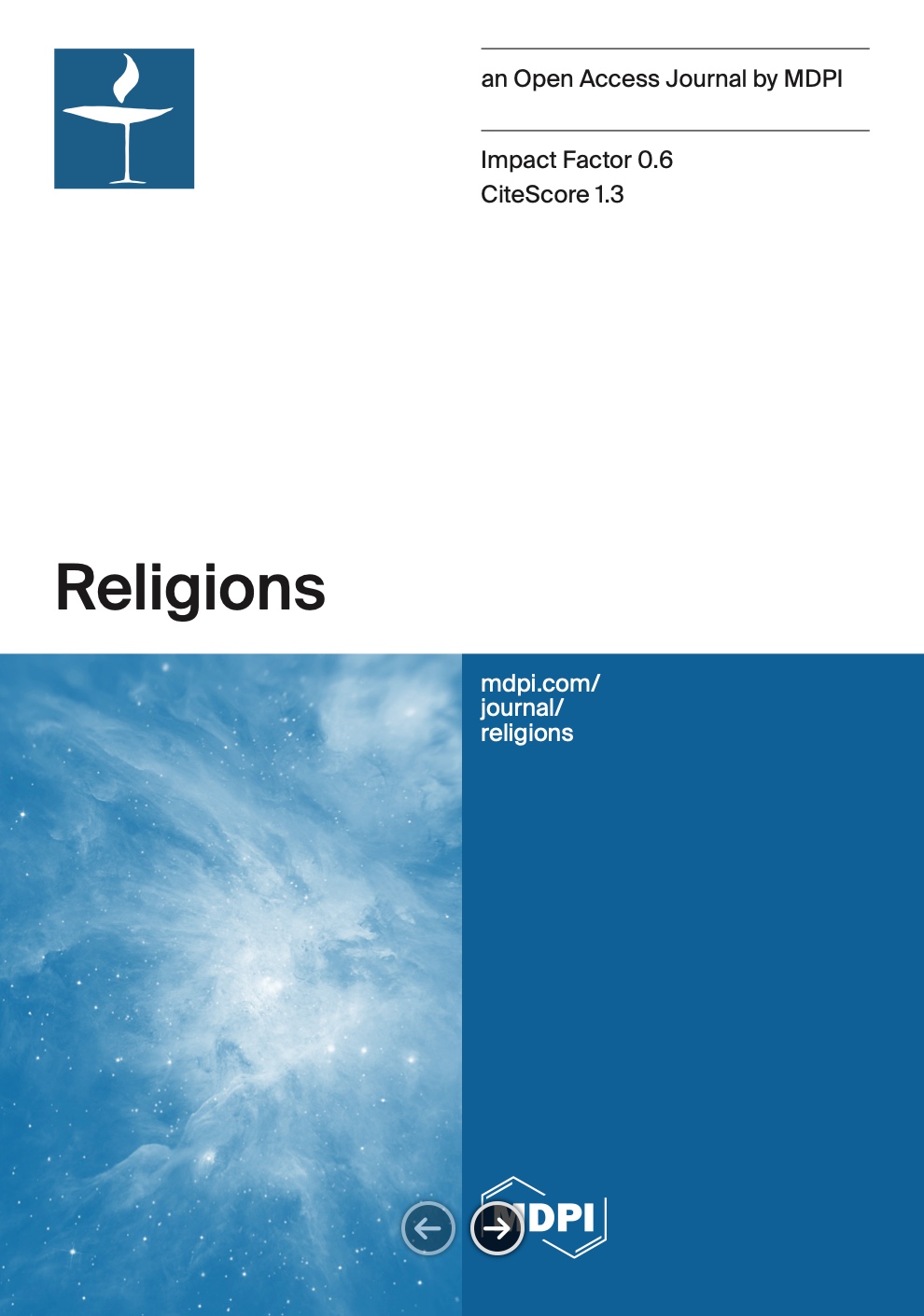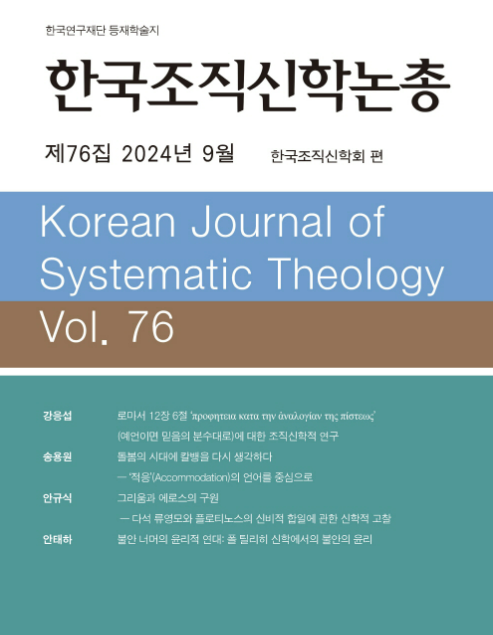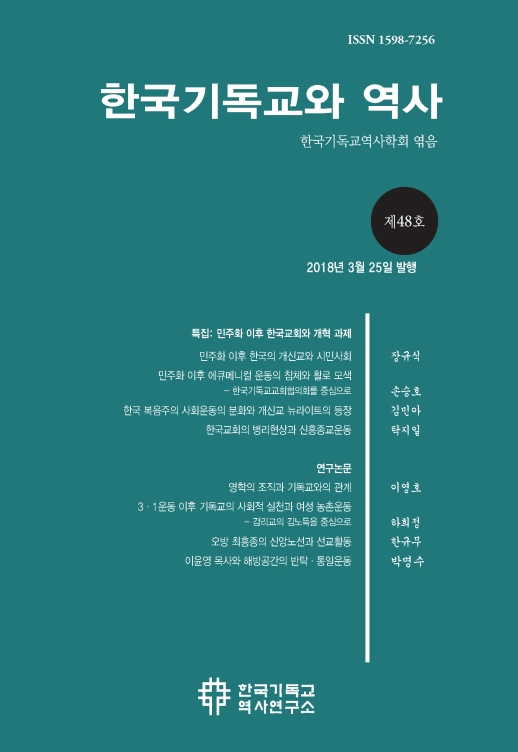https://doi.org/10.3390/rel15101162
학자들은 칼뱅의 imago Dei 개념을 현대의 ‘타고난 인간 존엄성’ 개념과 연결지어 왔다. 또 다른 이들은 칼뱅이 ‘하나님의 형상’을 정치 이론과 직접 결부시키지 않으면서도 인간 존엄성의 중요성을 드러내려 했다고 강조한다. 이러한 논의는 일정 부분 정당성을 가질 수 있다. 그러나 내가 우려하는 것은, 이들 학자들이 하나님의 형상을 ‘다른 사람’ 안에서 발견하는 데 초점을 두고, 그것이 ‘그 형상의 새로움을 살아내는 개인’을 어떻게 변화시키는지에 대해서는 간과한다는 점이다.
칼뱅에게 성령에 의한 하나님의 형상 회복의 목적은 거룩하고 의로운 삶을 가능케 하는 데 있었다. 그의 사유 속에서 이러한 삶은 눈에 보이는 탁월성으로 특징지어지며, 그것은 다른 이들을 향해 나타나는 사회적 덕목 속에 반영된다. 이러한 통찰에 기초하여, 나는 칼뱅에 따르면 다른 이들을 존엄과 명예와 사랑으로 대하는 것은 단순히 그들을 하나님의 형상 보유자로 인식하기 때문만이 아니라, 주로 성령의 사역을 통해 ‘그러한 행위와 태도를 드러내는 자들’ 안에서 하나님의 형상이 새롭게 됨으로써 가능하다는 점을 보인다. 이러한 새로운 시각은 칼뱅의 성령론적 imago Dei 이해를 분석함으로써 제시될 수 있다.
Scholars have connected Calvin’s idea of the imago Dei with the modern concept of inherent human dignity. Others have emphasized how Calvin tried to use the image of God to promote the significance of human dignity without connecting it with political theories. These arguments may be justifiable to some extent. However, my concern is that these scholars focus on the image of God in others rather than on how it transforms individuals who live out its renewal. For Calvin, the restoration of the image of God by the Holy Spirit aimed at enabling a holy and righteous life. In his thought, this life was marked by visible excellence, reflected in social virtues expressed toward others. Based on these insights, I show that, according to Calvin, treating others with dignity, honor, and love is not only made possible by recognizing them as bearers of God’s image but is primarily driven by the renewal of God’s image within those who display these actions and attitudes through the work of the Spirit. This fresh perspective on Calvin’s doctrine of the image of God and human dignity can be presented by analyzing Calvin’s pneumatological account of the imago Dei.







